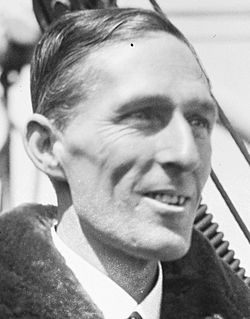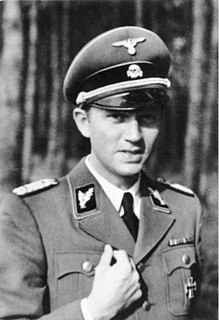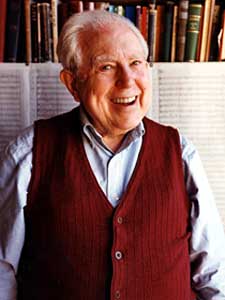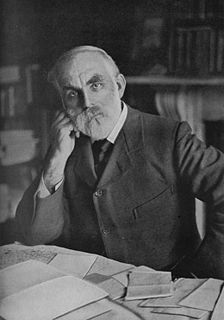A Quote by Philip Gibbs
During the early months of the war in 1914 there was a conflict of opinion between the War Office and the Foreign Office regarding news from the Front.
Related Quotes
Liberty is not about class war, income war, race war, national war, a war between the sexes, or any other conflict apart from the core conflict between individuals and those who would seek power and control over the human spirit. Liberty is the dream that we can all work together, in ways of our choosing and of our own human volition, to realize a better life.
The president made clear when he was a candidate for this office and when he took this office, that unfortunately prior to his taking office, because of the focus on Iraq, and the U.S. efforts there, that the original war, if you will, in Afghanistan had been neglected, the strategy there was unclear, and that it was not properly resourced.
I suppose that history will remember my term in office as the years when the Cold War began to overshadow our lives. I have hardly a day in office that has not been dominated by this all-embracing struggle. And always in the background there has been the atomic bomb. But when history says that my term of office saw the begining of the Cold War, it will also say that in those eight years we have set the course that can win it.
Woodrow Wilson is reported to have told a Princeton colleague, shortly after the 1912 election, "It would be an irony of fate if my administration had to deal chiefly with foreign problems, for all my preparation has been in domestic matters." In the event, Wilson's early months were marked by substantial domestic legislative accomplishment. Unfortunately, after Europe plunged into the Great War in August 1914, Wilson's leadership was uncertain.
During his last 18 months in office, Eisenhower flew to Asia, Europe, and Latin America and deployed his war hero's popularity to seek new friends for America while trying to improve relations with Moscow. By the time Ike left office, most Americans had forgotten their anger over losing the space race to the Soviets.
Possibly my hatred of war blinds me so that I cannot comprehend the arguments they adduce. But, in my opinion, there is no such thing as a preventive war. Although this suggestion is repeatedly made, none has yet explained how war prevents war. Worse than this, no one has been able to explain away the fact that war creates the conditions that beget war.
In the middle of the nineteenth century, the United States embarked on a new relationship with death, entering into a civil war that proved bloodier than any other conflict in American history, a war that would presage the slaughter of World War I's Western Front and the global carnage of the twentieth century.
In olden times when there was a war, it was a human-to-human confrontation. The victor in battle would directly see the blood and suffering of the defeated enemy. Nowadays, it is much more terrifying because a person in an office can push a button and kill millions of people and never see the human tragedy that he or she has created. The mechanization of war, the mechanization of human conflict, poses an increasing threat to peace.

































